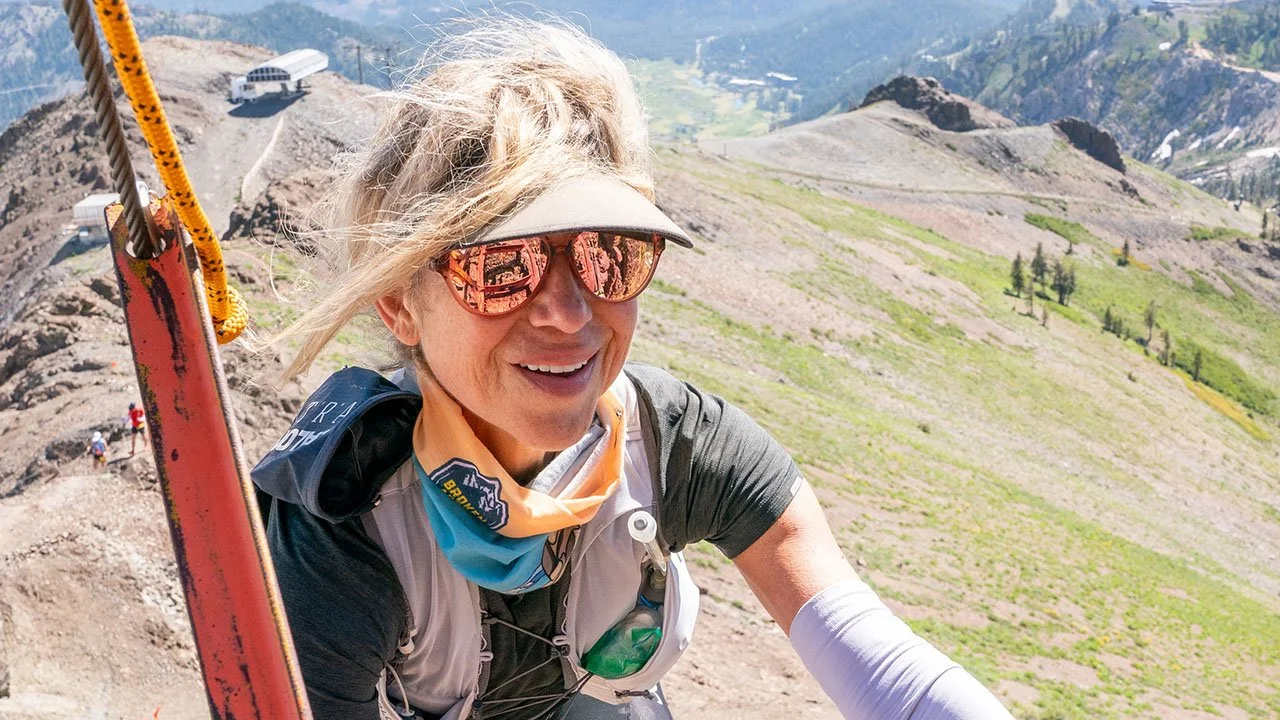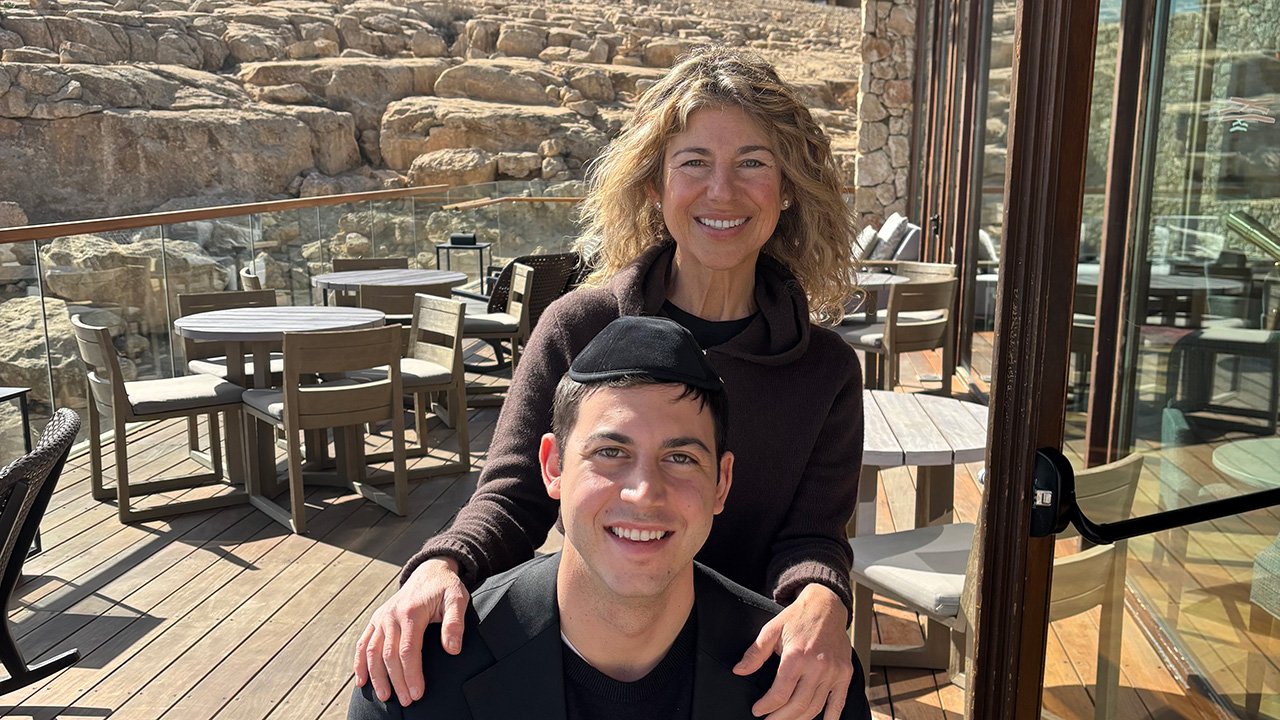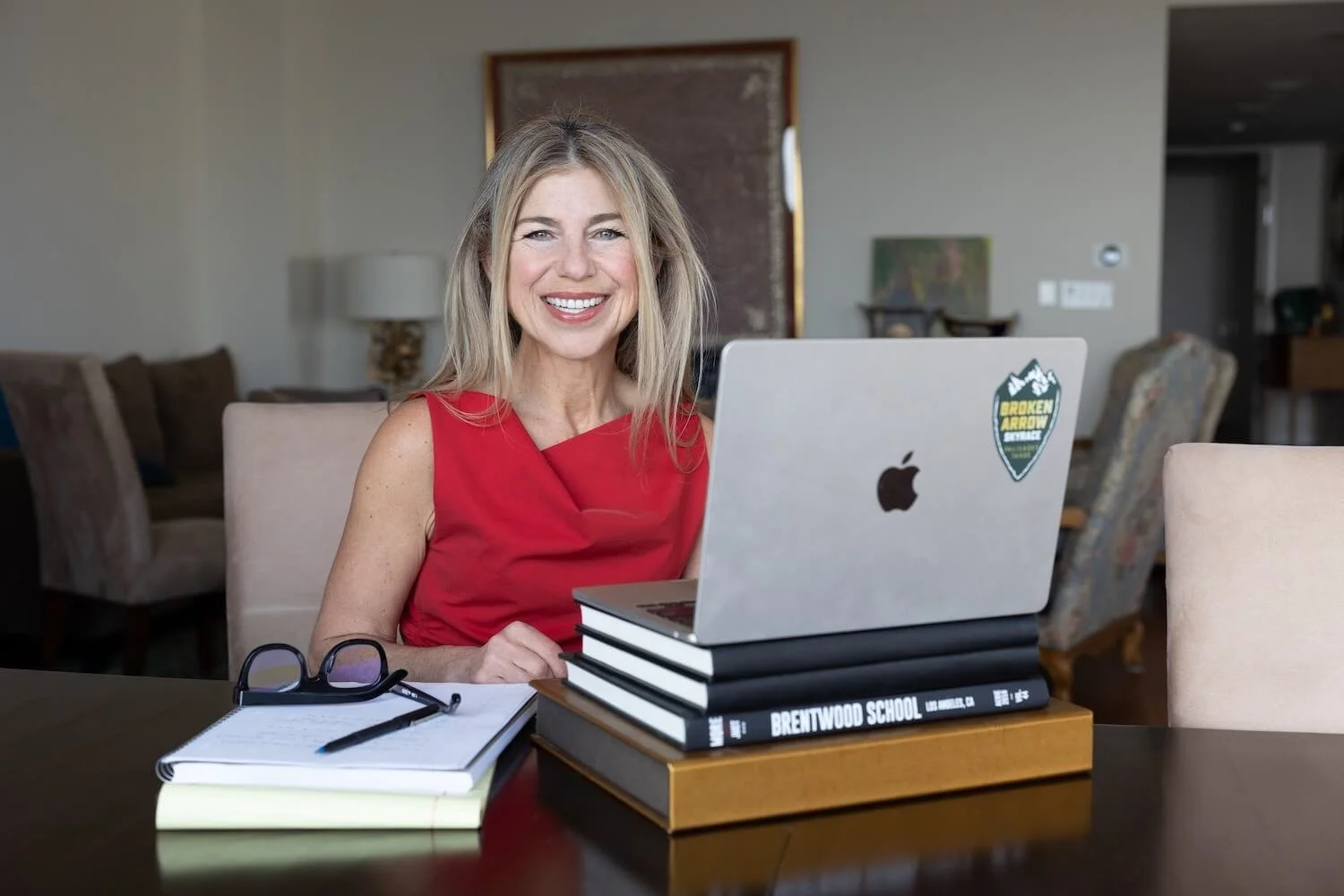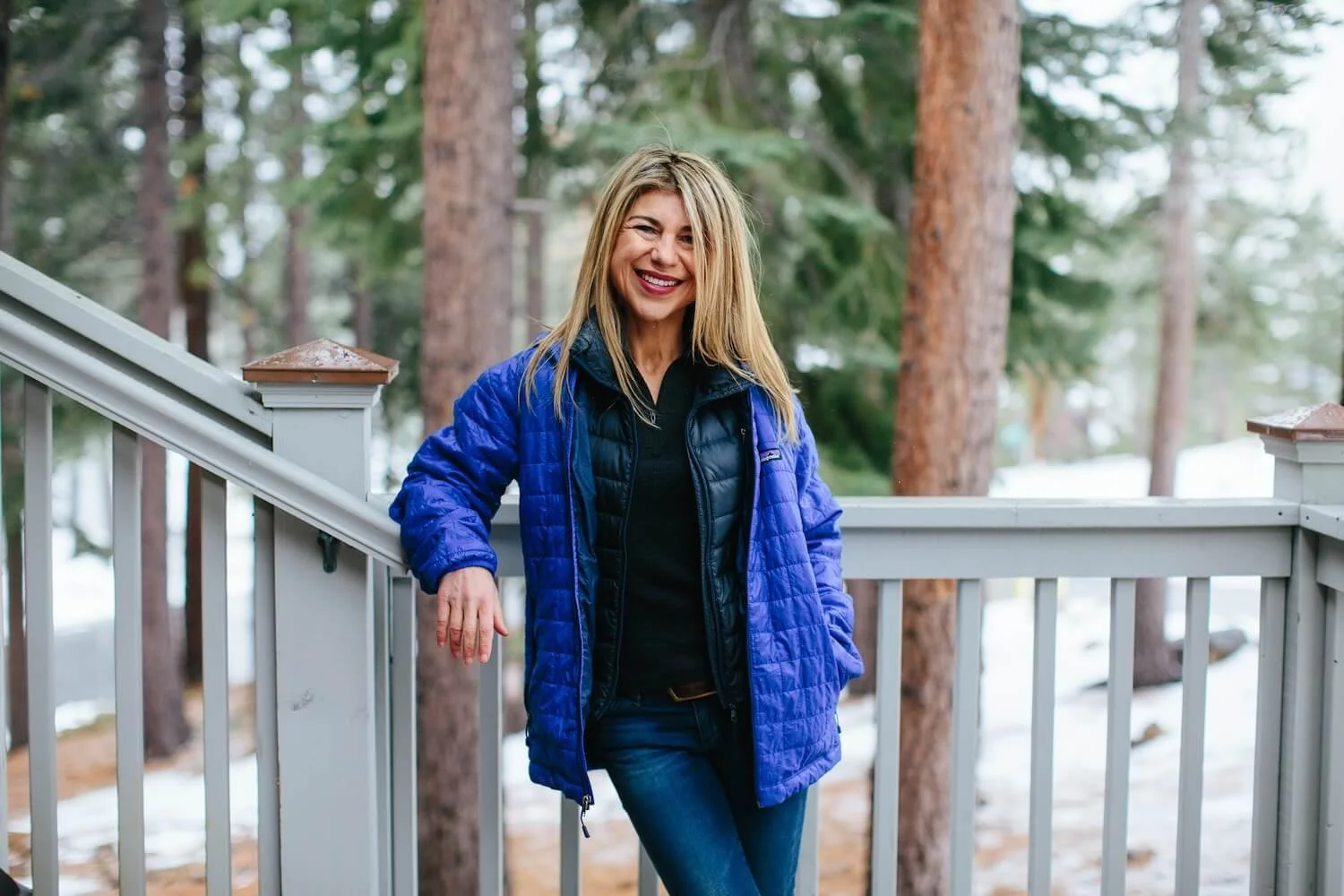The Gracious No
Last week's blog, "Freedom As A Life Value", included one tiny sentence that invited an inordinate number of questions from readers! In my list of 6 practices that have collectively allowed me to cultivate the freedom to give more time and attention to the activities and people that matter most to me, #3 was, "Learning the art of the Gracious "No".
Oprah readily admits that she did not learn how to say "no", until she was 40 years old, and learning to do so transformed her life. So many of us equate the word "no" with being rude, unkind, and selfish. Somewhere along our growth path, we became convinced that good people say "yes"!
For women in particular, we have not had many female role models from whom we might learn how to become skilled at saying "no", in the multitude of ways that are kind, truthful, and gracious. More often, we've witnessed the older females in our lives, saying "yes" to everything and then becoming secretly, and sometimes outwardly, resentful and exhausted.
I'm not speaking of the good kind of exhaustion that results from going deep and long into the things we love, like our work, relationships, and passions. That's the kind of exhaustion that can be remedied by rest. This is a different kind of exhaustion that results from living a life that is not whole—hearted. No number of spa days, massages, and vacations is the antidote to this unique brand of exhaustion.
Whole—heartedness is how we transform that feeling of being endlessly exhausted into a deep and generous internal wellspring from which we can give more generously and impactfully than we imagined possible. But whole—heartedness is a way of being and acting that requires us to be completely and sincerely devoted, determined and enthusiastic.
This is about the time in most conversations, where I notice my client's eyebrows furrow in disagreement. The belief that most often bubbles up is, "How can I feel sincerely devoted, determined and enthusiastic about all the things I have to do?"
The first step of the answer is embedded in the question. Do we really have to do all the things? Whose expectations are we living up to? What is the people-pleasing pattern we have been repeating on auto pilot? What would happen if we didn't do that thing? What are we silently saying "no" to, in order to outwardly say "yes"?
The skills of saying a Gracious "No" are not difficult to learn, but they're useless if we're not going to first remove the obstacles that are getting in the way of attempting change. As I explain in "How to Leave the Land of How—To", we can't hack our way to change—we must do the fundamental work of understanding why and how we repeat the patterns that don't serve us, before we can successfully deploy strategies and tactics that will facilitate desired change.
Once you've done that work, here are a few ways you can begin practicing the Gracious "No".
Be kind to yourself as you choose to develop your "no" muscle. Expect to feel anxious, awkward, and totally out of your comfort zone for a while. Over time, as you realize the people in your life still love you and perhaps respect you, even more, the feelings of discomfort and guilt will be replaced by those of ease and lightness.
Understand that as humans, we are all allowed to make requests from another, but a request is not a demand, and we don't need to become defensive if we choose to not fulfill a request. So many of us imbue our no with defensiveness, such that our response truly does come across as rude and angry. A more effective option is to thank the person for their request and let them know kindly and graciously that you're unable to say "yes" at this time due to other prior choices and commitments you've made.
So what if you don't have a prior commitment? What if you just don't want to say "yes"? Let me just say that "No." is a full sentence. If you make someone else's "want to" your "have to", then that's entirely on you. You have not been taken advantage of, used, or manipulated. But in the case of a hard "No", the greatest softener in the world is humor. Wrapping our no in a bit of humor and laughter transforms a potentially uncomfortable moment into an opportunity for a deeper connection.
Don't say "no". Really! Say something else like, "I'd love to, but I'm completely booked this week," or "Can we plan for later this month (year… life...)", "I want to be with you when I'm not steeped in so many projects that demand my attention".
One of my favorite responses is particularly useful when the person making a request is our superior, and saying no truly feels like a dangerous, if not unthinkable, choice. I learned this from Greg McKeown who suggests we say, "Yes, I'm happy to make this a priority. Which of the other projects should I deprioritize to pay attention to this new project?" Or simply say, "I would want to do a great job, and given my other commitments I wouldn't be able to do a job I was proud of if I took this on."
Use email to respond. I'm a big proponent of never using email for important or even most run of the mill communication. But in this case, I think it's a godsend. A generous and gracious note that expresses gratitude at the same time as a clear no, can lessen the pain and awkwardness considerably for both parties.
At the end of the day, it's critical to remember the reason for the Gracious "No" is to make room for the "Hell Yes!" Warren Buffet hit the nail on the head when he said, "The difference between successful people and really successful people is that really successful people say "no" to almost everything."










